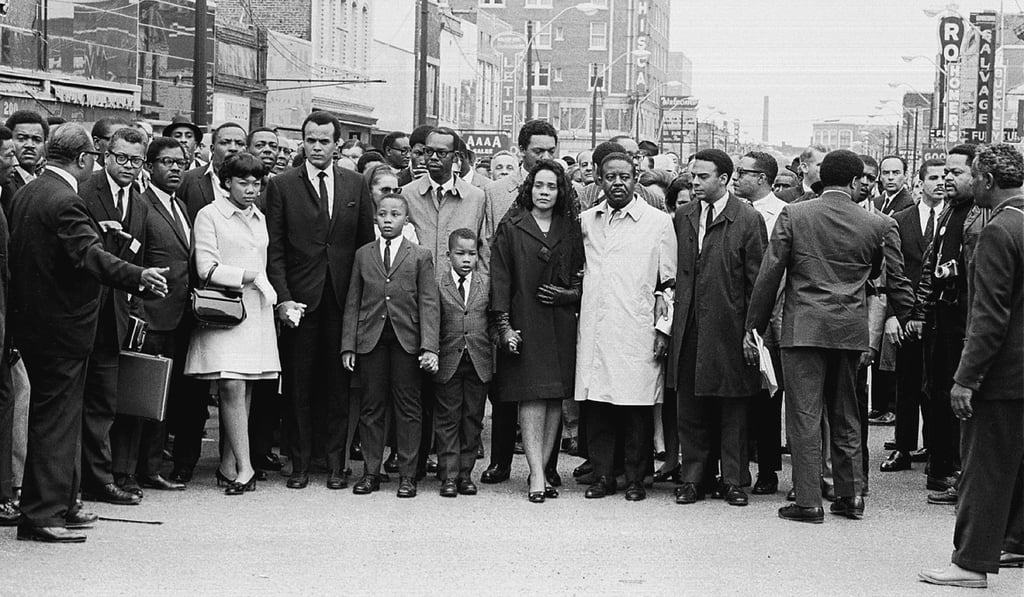Opinion | How parents and teachers’ actions and attitudes towards protests affect children
- Whether we are pro or anti, the way we feel, act and speak about the protests will affect our children in many ways
- As long as we don’t advocate violence, we should enable our children to have a voice and a social conscience

Editor's note: This article has been updated to protect a source who had been inadvertently identified.
As parents in Hong Kong protest for their children’s future, they also need to consider how their actions influence and shape their children personalities.
The media has been flooded with images of children spending Sundays on their father’s shoulders, on the well-trodden march from Victoria Park to Central district, and spending holidays at Chater Garden listening to the strident demands of their parents.

In his 2004 book Children of the Movement, John Blake profiles 24 of the adult children of the most recognisable figures in the US civil rights movement. Children of rigorous activists frequently use the words “anxiety”, “insecurity” and “no communication”. Brown writes: “A large number of them [adult children of activists] are emotionally distant from their parents who, they say, are more suited for protest than parenthood.”
